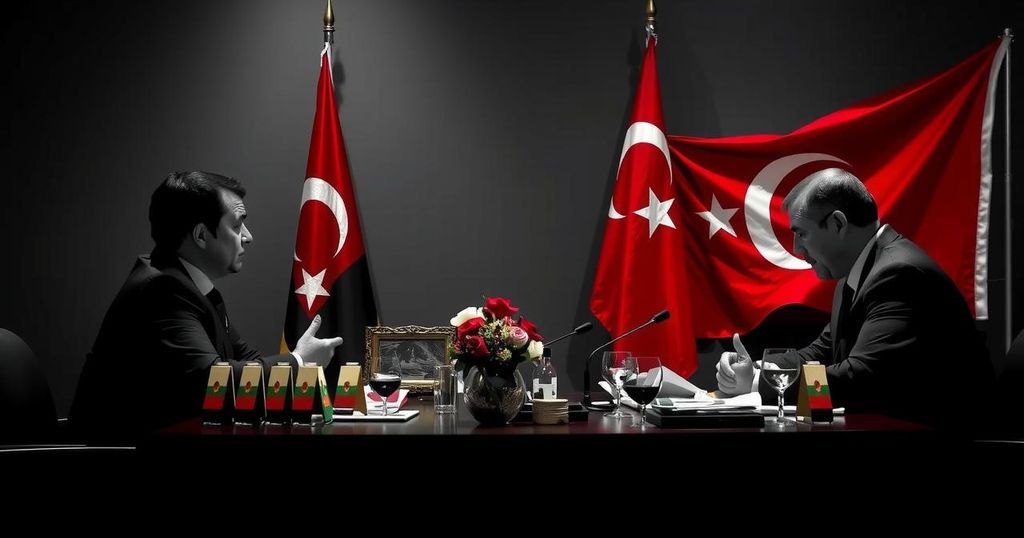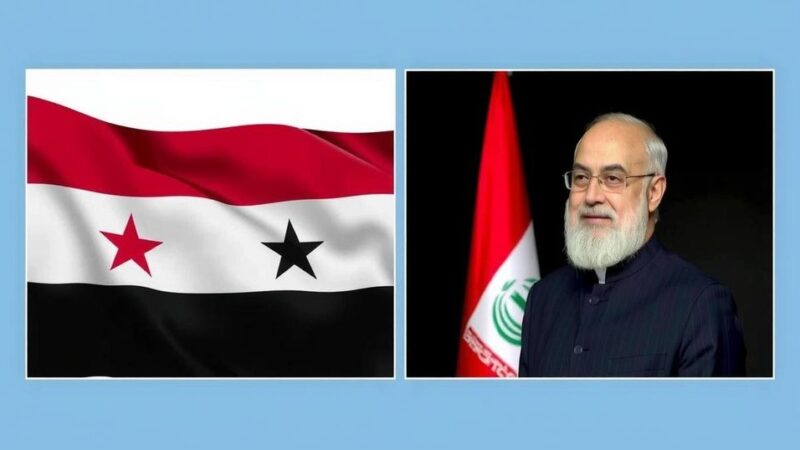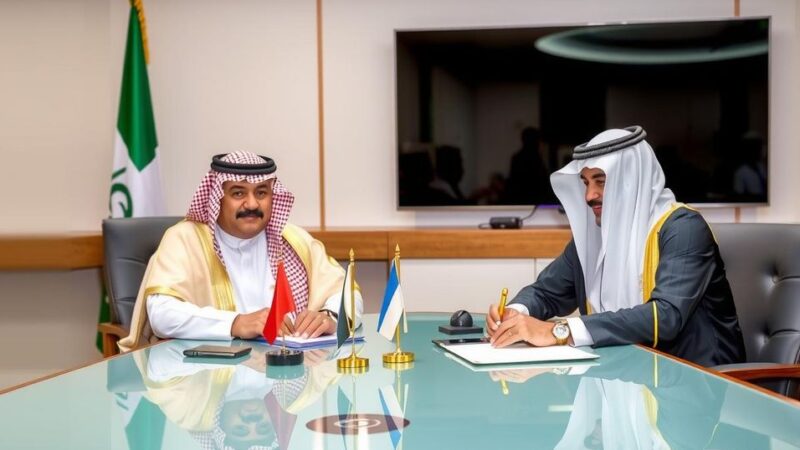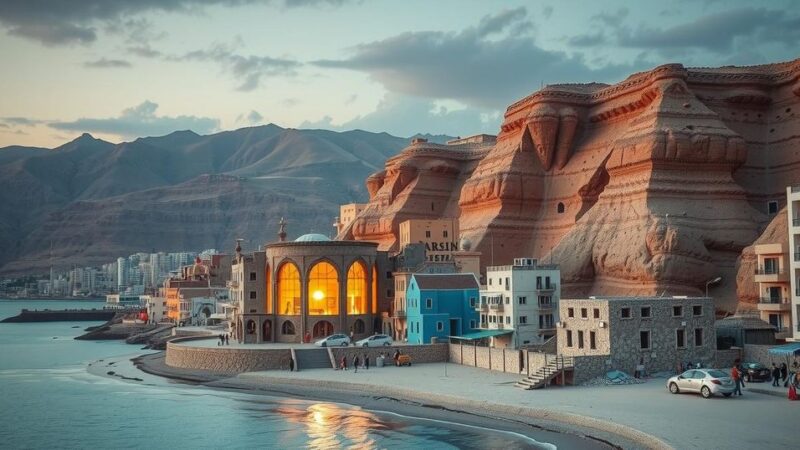Turkey’s Foreign Minister will attend a Turkey-Africa ministerial meeting in Djibouti on November 2-3, aiming to enhance cooperation with 14 African countries. The meeting will evaluate past conferences and address regional issues, including ongoing mediation efforts in Somalia and Ethiopia. Turkey has expanded its influence in Africa significantly and signed various cooperation agreements, notably in mining and defense, as it competes with major powers for strategic partnerships.
Turkey’s Foreign Minister Hakan Fidan is scheduled to visit Djibouti next week to attend a Turkey-Africa ministerial meeting aimed at strengthening ties between Turkey and African nations, as confirmed by officials from the Foreign Ministry. This initiative follows Turkey’s notable expansion of its influence across Africa in recent years, with trade increasing nearly eight-fold and the establishment of diplomatic and military collaborations in various sectors. The upcoming meeting, which will take place on November 2-3, will involve representatives from 14 African countries and is intended to assess the outcomes of a previous conference held in 2021, as well as to explore additional avenues for deeper cooperation. Turkey’s engagement in Africa also includes mediation efforts concerning a dispute between Somalia and Ethiopia over a lease agreement that Ethiopia entered into for a coastal area in Somaliland. Officials have indicated that resolving this dispute poses challenges due to a prevailing atmosphere of distrust among the parties involved; however, they remain hopeful for positive developments in the near future. Recently, Turkey has signed several cooperation agreements with African nations, including a mining deal with Niger, which follows a previous accord regarding oil and gas. Turkish authorities have established three gold mining sites in Niger that are under the protection of local security forces, with production set to begin by year-end. The competition with other major powers, such as France, Russia, and China, remains a significant aspect of Turkey’s strategy in Africa. Turkey has been actively forging partnerships and supplying military equipment, including armed drones, to various countries, enhancing their counterterrorism capabilities. An official noted that nations acquiring Turkish drones have reported improved control over their territories, citing Burkina Faso, which managed to increase its territorial oversight to 65% through the use of these assets. Meanwhile, reports emerged concerning the use of Turkish drones in a recent operation that resulted in casualties in Mali.
In recent years, Turkey has sought to expand its role and influence in Africa amidst growing geopolitical competition. With the increase in bilateral trade and cooperation agreements across diverse fields, including defense, energy, and mining, Turkey aims to solidify its position on the continent. The Turkey-Africa summit is part of this broader strategy, representing an opportunity to bolster diplomatic relations and address regional issues, such as security and economic development. The current mediation efforts between Somalia and Ethiopia highlight Turkey’s growing diplomatic engagement in resolving conflicts in the Horn of Africa, further illustrating its commitment to fostering stability in the region.
The Turkey-Africa ministerial meeting in Djibouti underscores Turkey’s strategic intentions to deepen diplomatic and economic ties with African nations. As Turkey navigates its role amidst competition from other global powers, its investments and military collaborations are indicative of a broader ambition to enhance influence and foster regional stability. The outcomes of this meeting may signal a pivotal moment in Turkey’s ongoing engagement with the African continent.
Original Source: www.usnews.com







